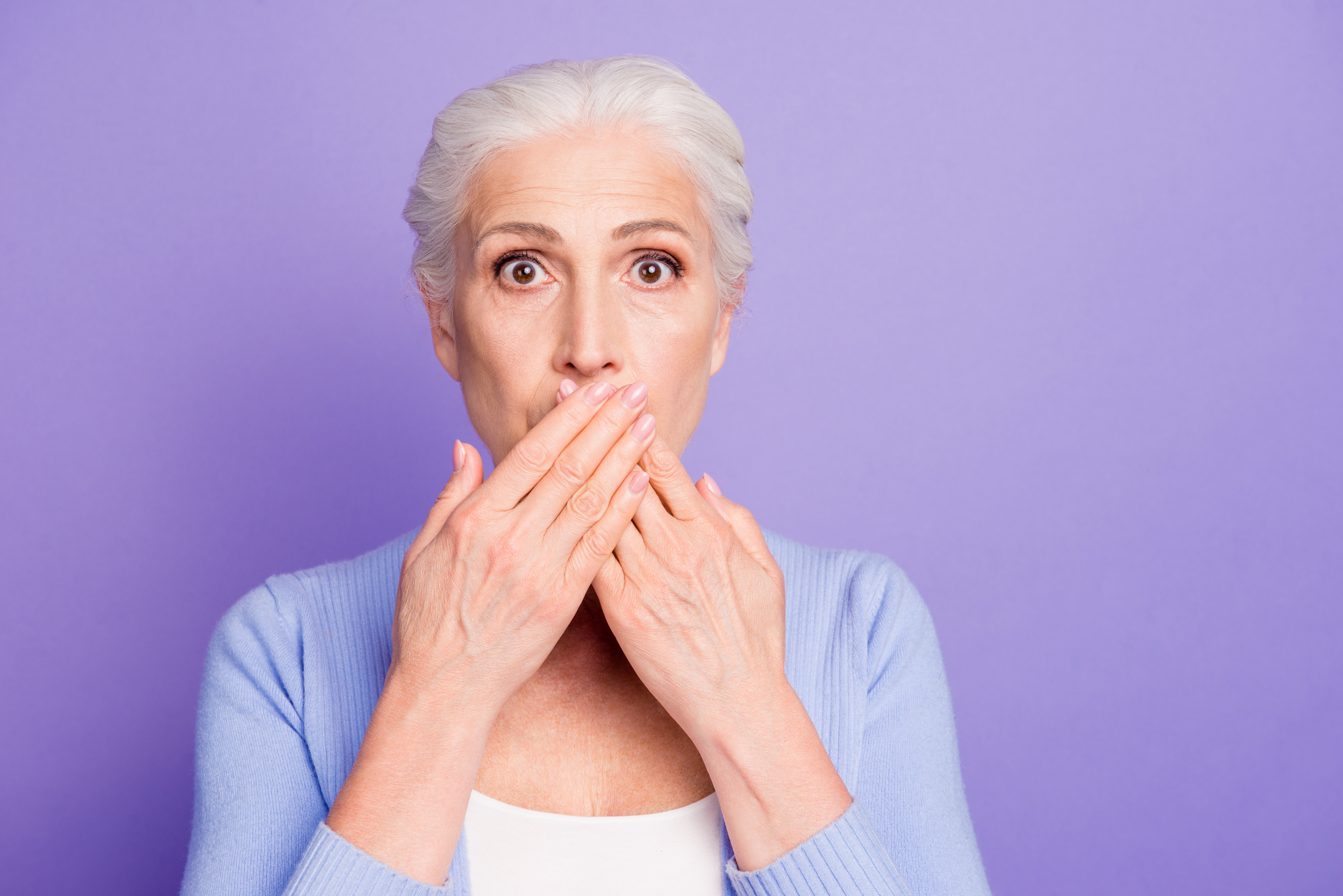Incontinence is a common problem for seniors, and it can affect their dignity as well as making life difficult for their caregivers. In some cases, incontinence can be fixed or mitigated with medication, but lifestyle changes are also vital to reduce incontinence and the problems and embarrassment that come with it. Here are some things you or your loved one can do to reduce the symptoms of incontinence.
Exercise
High-impact exercise, such as jogging, weightlifting, or aerobics, can worsen incontinence, while low-impact exercises, like Pilates and yoga, can reduce it. Pelvic floor exercises, sometimes called kegel exercises, can help too. To find and target the muscles, you should try to stop the flow of urine midstream (but don't do this too often).
Pelvic floor exercises should be done every day to help strengthen your muscles and control. Regular light exercise can also improve mobility, which can help prevent "functional incontinence," which happens when you simply can't get to the toilet on time.
Avoid Smoking & Drinking
If you or your loved one still smokes, reducing incontinence is a compelling reason to quit. Because smoking increases the amount of coughing you do, it can contribute to leakage. To help reduce accidents, you should also reduce consumption of alcohol and caffeine, which both can have a diuretic effect. Coffee is also known to irritate the bladder, especially in men.
Stay Hydrated
There is a large temptation for somebody with urinary incontinence issues to cut down on their water consumption. This results in dehydration which can actually make incontinence worse. Your bladder tends to shrink a bit if you don't drink enough. 6 to 8 glasses of water a day is recommended, although you may need to drink more in hot weather.
To help you balance your water consumption, spread out your servings of water evenly throughout the day. Rapidly drinking a lot of water can result in it passing through your system quickly, contributing to accidents.
Establish a Healthy Diet
Constipation can make incontinence worse, but many seniors are prone to it. Making sure that you have enough fiber is important to help avoid constipation. Choose wholegrain cereals, eat fruit and vegetables every day, etc. You should also pay attention to what you are eating.
Foods that contribute most to incontinence include:
- Coffee and tea
- Carbonated drinks, even if not caffeinated
- Citrus fruits and juices
- Spicy foods
- Tomatoes and tomato-based products
- Chocolate
- Artificial sweeteners
- Salty snacks, such as potato chips or salted nuts
Not all of these foods are problems for everyone, however, so keeping a bladder diary is important to help track which foods are causing specific problems.
Maintain a Healthy Weight
Being overweight is also a major contributor to incontinence problems. One study of women over 70 showed that the prevalence of incontinence was twice as high in the group with the highest BMI. While losing weight is not always possible for seniors with mobility issues, even a small drop in BMI can help reduce incontinence.
Create Good Toileting Habits
Good toileting habits can be important, especially for women. Unfortunately, habits tend to get worse with incontinence. Many women will urinate "just in case," which actually teaches your bladder to signal that it is full when it is not. You should only go to the bathroom when your bladder is full, and take your time rather than trying to push out urine.
Bladder training is often recommended and includes tactics such as waiting for a few minutes after you get the urge to urinate and distracting yourself from the need to go. Again, this tends to be more effective for women, who tend to experience more incontinence in general.
Delaying urination reduces bladder irritation and gets your bladder used to holding more urine. For some people, urinating on a set schedule can help. Slowly extending the time between bathroom tips can help with urge incontinence. For people with overflow incontinence, urinating and then going again 5 minutes later can help train your bladder to empty more completely.
Try Medication
For some seniors, medication may be needed to treat incontinence. Your loved one may be prescribed one of these classes of medications:
- Anticholinergics: They calm an overactive bladder and reduce irritation.
- Mirabegron: This medication helps the bladder muscle relax and increases the amount of urine the bladder can hold.
- Alpha blockers: This medication is for men, and it relaxes certain muscle fibers in the prostate and makes it easier to empty the bladder.
- Low dose topical estrogen: Topical estrogen is designed for women and is applied directly to the vagina. It helps tone muscles; however, systemic estrogen can make the problem worse.
There are also various other interventions that might be done, such as Botox injections or injecting bulking material into the urethra. Females may also rely on urethral inserts, which is put in the urethra before engaging in physical activity to prevent leakage. Surgery may be done if all other measures are taken.
Wear Absorbent Underwear
Modern absorbent underwear is not bulky and does not show under normal clothing. For men who experience minor leakage, a small pocket of padding may be put over the tip of the penis and held in place by close-fitting underwear. Absorbent pads may also be used. These products are discreet and you can choose when to specifically use them if you don't want or need 24/7 coverage.
Living with incontinence can be an embarrassing annoyance, but there are a lot of things you can do to reduce the symptoms for yourself or your loved one. You should educate yourself on incontinence, its causes, and the ways to fix it and, above all, pay attention to factors that worsen the condition. For more information and advice on how to handle your or your loved one's age-related issues, contact Caring Senior Service today.

